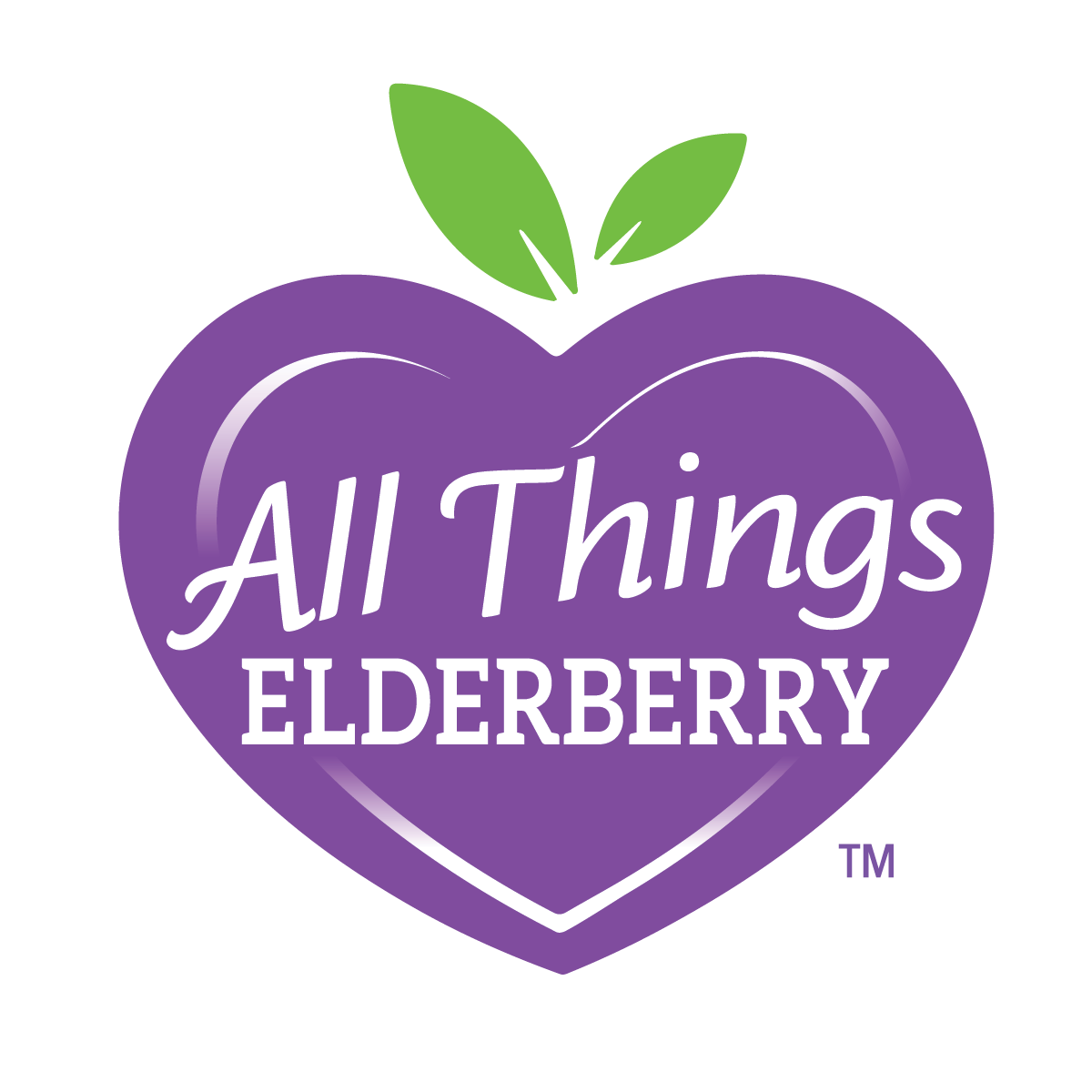The elderberry is getting lots of attention lately and it’s well deserved. By now, we have all heard that elderberry may prevent and ease cold and flu symptoms. You can spend the entire day on pubmed.com reading all the different studies that have been done about this very special berry and its immune-boosting properties.
But calling elderberry a simple immune booster would be a disservice to this berry. And consuming elderberry only during cold and flu season in order to prevent and treat cold and flu symptoms would be a mistake. Because elderberries can do so much more than shortening the duration of the flu.
To understand what else elderberries can do, it’s important to first understand the role of free radicals in the body and how antioxidants can support your body and prevent the damage those free radicals may cause.
Free radicals are unstable atoms that are missing an electron. These atoms can damage cells, causing illness and aging.
When oxygen molecules split into single atoms that have unpaired electrons, they become unstable free radicals that seek other atoms or molecules to bond to. If this process continues to happen, it creates oxidative stress. As the body ages, it loses its ability to fight the effects of free radicals. The result is more free radicals, more oxidative stress, and more damage to cells, which leads to degenerative processes, as well as “normal” aging.
Free Radicals can severely affect your DNA by disrupting the duplication of DNA, interfering with DNA maintenance, and breaking open or altering its structure by reacting with the DNA bases. Free radicals are linked to over 60 different diseases, including:
- Cancer
- Parkinson's disease
- Alzheimer's disease
- Cataracts
- Atherosclerosis
If your body does not get adequate protection, free radicals can become rampant, causing your cells to perform poorly. This can lead to tissue degradation and put you at risk of diseases.
This is where antioxidants come in. Antioxidants are electron donors, so they can break the free radical chain reaction by sacrificing their own electrons to feed free radicals, without turning into free radicals themselves. Antioxidants are nutrients (vitamins and minerals) as well as enzymes (proteins in your body that assist in chemical reactions). They are believed to play a role in preventing the development of chronic diseases such as cancer, heart disease, stroke, Alzheimer's disease, Rheumatoid arthritis, and cataracts.
Your body produces some antioxidants, but not all, and as you age, your body's natural antioxidant production can decline. Since antioxidants play a significant role in delaying the aging process by fighting free radicals, losing your body's antioxidant defense could speed up aging.
Luckily we can get antioxidants from the foods we eat. Fruits, vegetables, and other plant-based, whole foods are excellent sources of antioxidants. Several vitamins, such as vitamins E and C, are also effective antioxidants.
The antioxidant values of foods are expressed in ORAC (Oxygen Radical Absorbance Capacity) units, a unit of measurement for antioxidant content, which was originally developed by the National Institute on Aging (NIA) at the National Institutes of Health (NIH). Scientists theorize that foods higher on the ORAC scale may be more effective at neutralizing free radicals.
Which brings us back to . . . drum roll please . . . elderberries!
Studies have proven that elderberries have a high ORAC value and therefore, contain a high amount of antioxidants—those free-radical fighting, anti-aging compounds we just learned about.
The antioxidant value of raw elderberries, as described in ORAC units is: 14,697 μ mol TE/100g. For those unfamiliar with ORAC units, let’s just say: that’s high!
Add in the high ORAC values of the clove and cinnamon, which we add to our elixir, and the synergistic effect is to create an even higher antioxidant level. That’s more free-radical-fighting—more disease-fighting and more anti-aging.
Elderberries are getting a lot of attention these days for the way they can prevent and ease cold and flu symptoms, and we’re thrilled. This berry deserves all the accolades for its immune-boosting benefits, but we firmly believe elderberries should get attention for all the other amazing year-round benefits they have.
And the best part is we have made it into a delicious elixir that even the pickiest eaters will love.
Here are a few images to accompany this post we think you'll enjoy:









